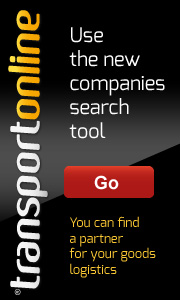Search Company:

Experts highlight battery-electric trucks as the most market-ready and economically viable option.
A joint initiative for the coordinated ramp-up of electro-mobility for goods traffic. The Franco-German Council of Economic Experts (FGCEE), established as an independent advisory body under the Aachen Treaty (2019), and France’s Conseil d’analyse économique (CAE), have issued a joint statement calling for battery-electric trucks (BE lorries) to be given priority as a key driver for the decarbonisation of European roadfreight transport.
Decarbonising freight transport is seen as crucial to achieving the European Union’s climate targets. Around one third of transport-related emissions in the EU come from freight traffic, which to date is almost entirely diesel-powered.
Forecasts have suggested that emissions in this sector could indeed continue to rise steadily if no effective countermeasures are implemented.
Technology focus
Against this backdrop, the CAE and the FGCEE have advocated a coordinated Franco-German strategy. Greater alignment could enable infrastructure projects to be implemented more efficiently across borders and common standards to be established more quickly.
“If the two largest national economies in Europe agree on a shared approach to the electrification of freight transport, then that sends a strong signal to the entire EU,” said Monika Schnitzer, chair of the German Council of Economics Experts and co-chair of the FGCEE.
In their recommendation, the experts highlight battery-electric trucks (BE lorries) as the most market-ready and economically viable option, in comparison with alternatives such as hydrogen or overhead line trucks. They are seen as the most efficient solution for the short and medium term, since the technology is already available, battery performance is improving rapidly and costs are falling.
Although other technologies such as fuel cell or overhead line systems may well also continue to be developed and tested too, the experts advise against investing in parallel infrastructure now, due to unresolved technical and economic issues. Read more
Source: ITJ




